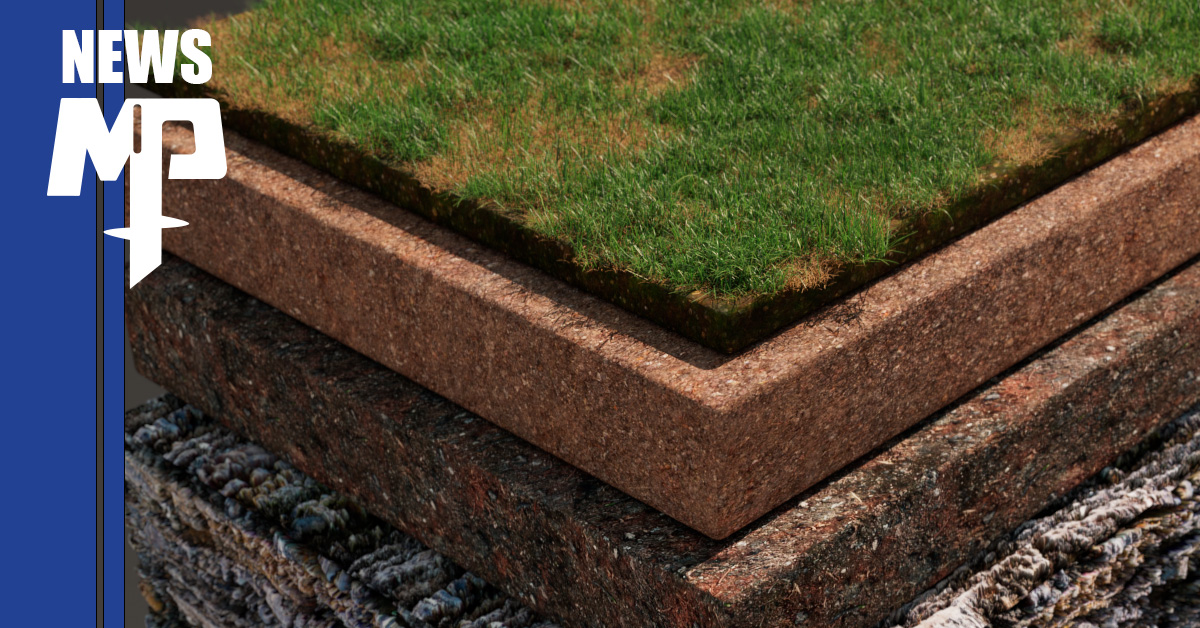
Soil Type Impact on Foundations Repair and Installation
One of the biggest challenges that contractors encounter is soil type impact on foundations repair and installation. The soil type can potentially have a dramatic impact on foundation repair and installation projects. Each type of soil has different properties that can affect the way a building’s foundation is supported.
Knowing the type of soil before beginning a project can make the job more efficient. This will aid in determining the best solution for foundation installation.
A soil report is one way to determine the soil type a company will be working on. Knowing the bearing capacity, depth and composition of other soils beneath the initial layer is key in a successful job. In this article, we are going to briefly review some of the common soil types most soil testing’s identity.
Clay
Clay is an expansive soil made up of tiny particles. When wet, clay greatly expands, but when it is dry, it will shrink significantly. When clay is moist, it is very pliable and can easily be moved, manipulated, and shifted. These extreme changes can put a great deal of pressure on foundations. This usually causes them to shift up and down or crack. Thus, clay generally is not the best soil on which to construct a residential or commercial building.
Peat
Peaty soil can hold a lot of water. It is typically dark brown or black in color and can easily compress. This soil type is formed by decomposed organic material,is usually found near wetlands, and is extremely porous. Like clay, peat expands when wet, and in extremely dry conditions, it not only shrinks, but it also is a potential fire hazard. It is very poor subsoil when it comes to support. Foundations are most stable on soil that does not shift or change structure depending on weather conditions and that doesn’t have a low bearing capacity.
Silt
Silty soil is made of smaller particles, which is why it is able to retain water longer. However, because of its tendency to retain moisture, the soil is cold and drains poorly. This causes the silty soil to expand, putting pressure against the foundation and weakening it, making it not ideal for supporting a foundation.
Sand and Gravel
When compacted with gravel and other materials, sand does not retain water. Therefore, it will not cause any structures above it to shift. Sand and gravel have the largest particles of the various soil types, which is why it doesn’t retain moisture but drains easily. When soil and sand are compacted and moist, it holds together fairly well. Additionally, if the two are compacted, they make for good soil to support a foundation due to their non-water-retaining properties. However, when moist, the particles will lose their friction and can be washed away, which can leave gaps beneath the foundation and cause settlement issues down the road. Luckily, quality helical piers are an effective fix for foundations that are built on and supported by sand.
Rock
There are varieties of rock, such as limestone, bedrock, and sandstone. All of these have exceptionally high bearing capacities making them a suitable soil type for supporting residential or commercial buildings. It’s crucial that a rock surface is level before building a foundation, otherwise the foundation must be held into place with anchors.
Loam
When it comes to the ideal soil type for foundations, loam may be the best option. Generally, loam is a combination of clay, silt, and sand. It is dark in color and soft, dry, and crumbly to the touch. This creates great conditions for supporting foundations due to its evenly balanced properties, especially how it handles moisture in a evened way and will generally not expand or shrink enough to cause damage. Loam is a good soil for supporting a foundation and building, as long as there are no miscellaneous soils that find their way onto the surface.
As you can see there are a variety of soil types, some creating more challenges than others when it comes to foundations. However, just because you are dealing with a soil type that doesn’t offer the best support for foundations, doesn’t mean it cannot be done.
To learn more about our steel piling and piering products or our field installation services, contact a team member at MAGNUM® Piering
